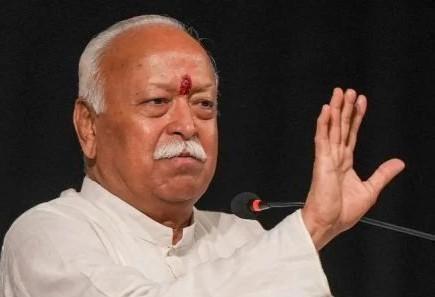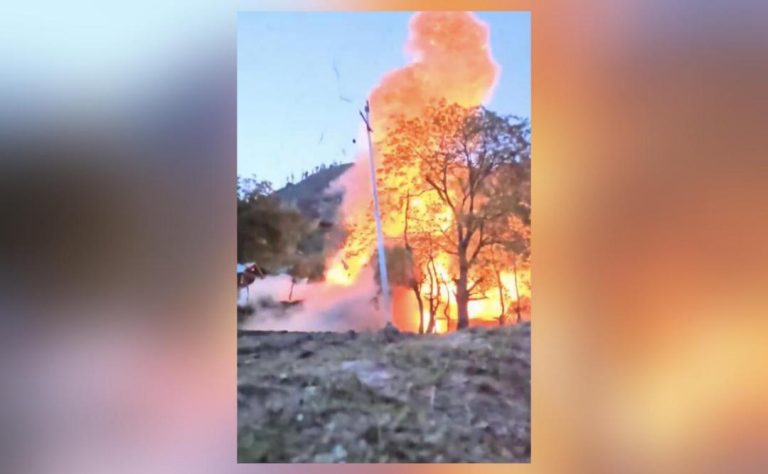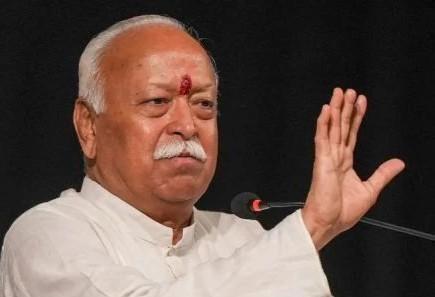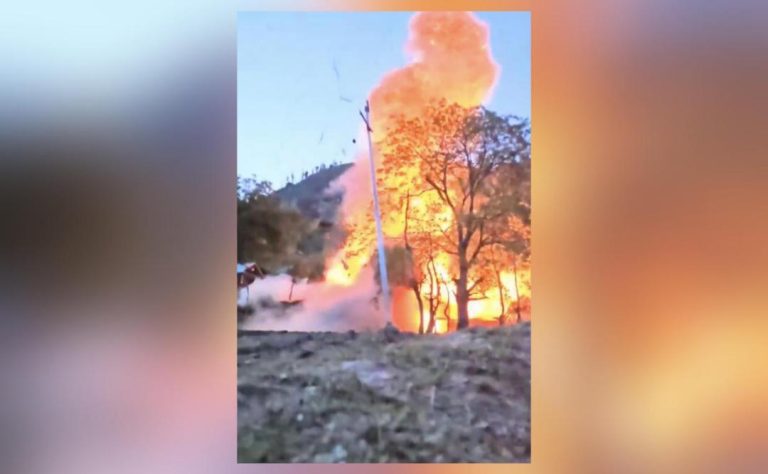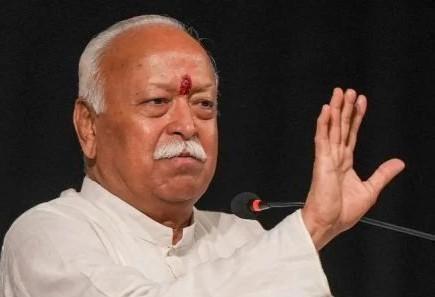
If Someone Turns to Evil, We’ll Teach Lesson: Bhagwat on J&K Attack
In the wake of the recent terror attack in Pahalgam, Jammu and Kashmir, RSS chief Mohan Bhagwat has issued a stern warning to those who resort to violence. While emphasizing the importance of non-violence as India’s religion, he also made it clear that the country will not hesitate to take action against those who perpetuate evil.
Speaking to the media, Bhagwat said, “We never harm or disrespect our neighbors, but if someone is bent on being evil, what is the cure? The king’s duty is to protect the people, and he will do his duty.” His words were met with widespread support from the public, who have been reeling under the shock of the brutal attack that left several innocent lives lost.
The attack, which occurred on [Date], targeted a tourist bus in Pahalgam, a popular hill station in Jammu and Kashmir. According to reports, the bus was carrying a group of tourists, including women and children, when it was ambushed by terrorists. The attack left several people dead and many more injured.
In the aftermath of the attack, the people of Jammu and Kashmir have been left shaken and angry. Many have taken to social media to express their outrage and grief, with some calling for harsh action against those responsible for the attack. Bhagwat’s words, therefore, are seen as a reassuring reminder that the country will not stand idly by in the face of such atrocities.
Non-violence, Bhagwat emphasized, is indeed India’s religion, and the country has always been committed to upholding the principles of ahimsa (non-violence). However, he also made it clear that the country will not hesitate to take action against those who perpetuate evil.
“What is the cure?” Bhagwat asked, when asked about the government’s response to the attack. “The king’s duty is to protect the people, and he will do his duty. We never harm or disrespect our neighbors, but if someone is bent on being evil, what is the cure?”
Bhagwat’s words have sparked a heated debate in the country, with many calling for a strong and decisive response to the attack. Some have argued that the government must take immediate action to apprehend those responsible for the attack and bring them to justice. Others have called for a more nuanced approach, emphasizing the need to address the underlying causes of terrorism and work towards a peaceful resolution.
However, Bhagwat’s statement has also been criticized by some, who argue that his words are provocative and may exacerbate tensions in the region. Some have pointed out that the RSS has a history of promoting Hindu nationalism and has been accused of perpetuating violence against minority communities.
Regardless of one’s opinion on Bhagwat’s statement, it is clear that the country is at a critical juncture. The attack in Pahalgam has left many feeling vulnerable and scared, and there is a growing sense of outrage and frustration. As the government and other authorities work to investigate the attack and bring those responsible to justice, it is essential that we also engage in a broader conversation about the root causes of terrorism and the need for greater cooperation and dialogue.
In conclusion, Bhagwat’s statement serves as a stark reminder of the importance of non-violence and the need for strong and decisive action against those who perpetuate evil. While his words have sparked a heated debate, they also underscore the urgent need for a national conversation about the future of our country. As we move forward, it is essential that we prioritize peace, tolerance, and understanding, while also taking concrete steps to address the underlying causes of terrorism and promote a more just and equitable society.
Source: https://youtu.be/SpAKVWl5wII
